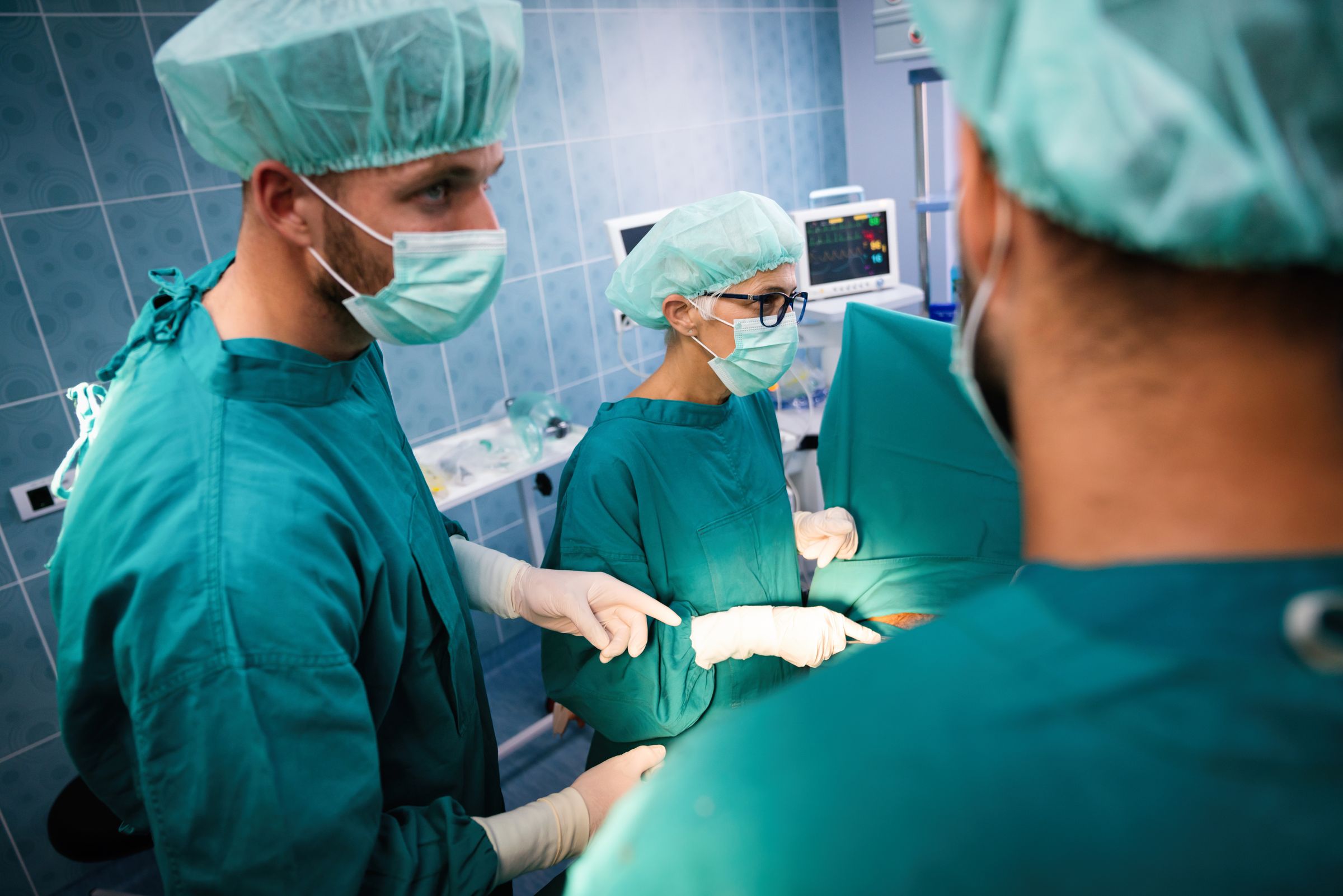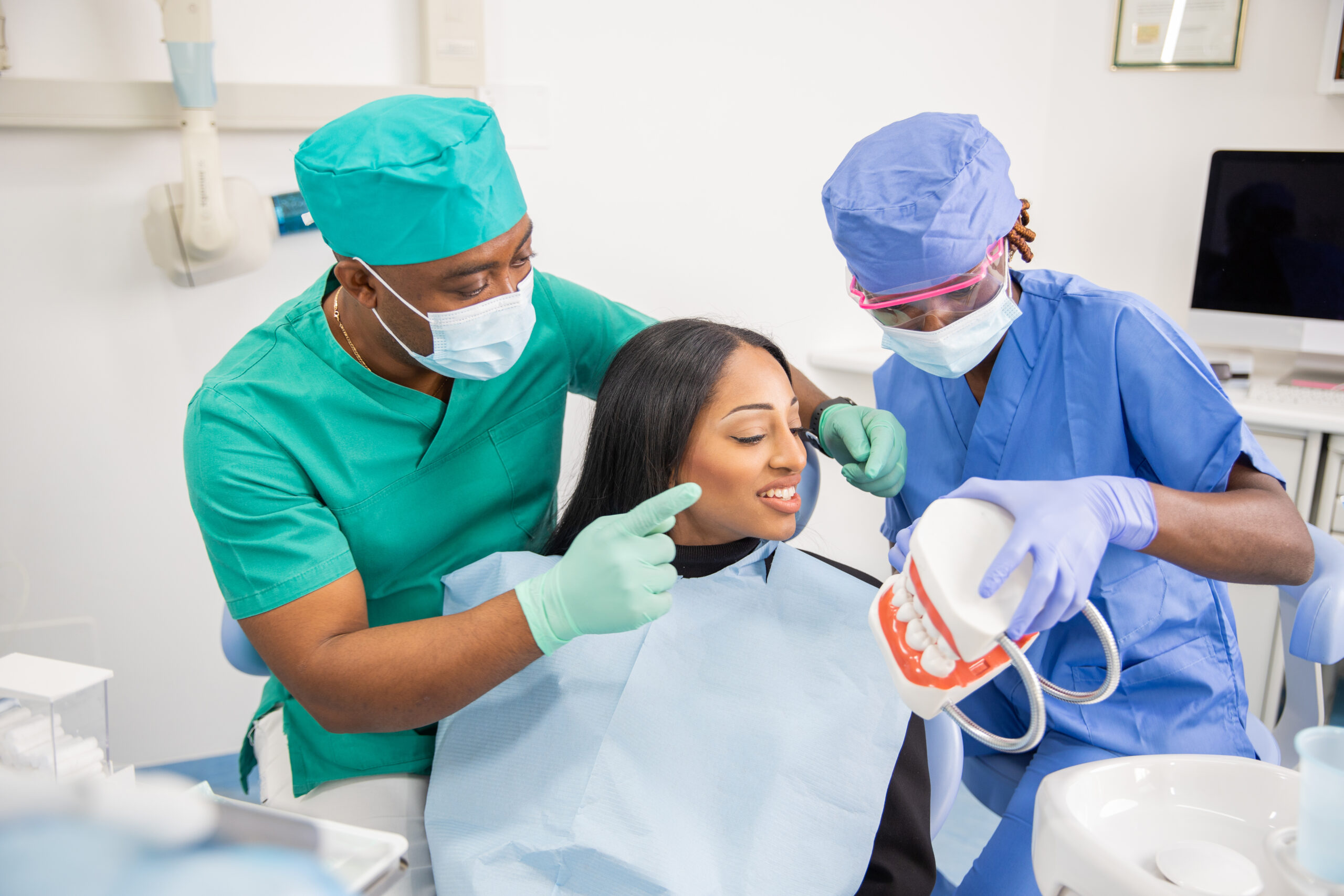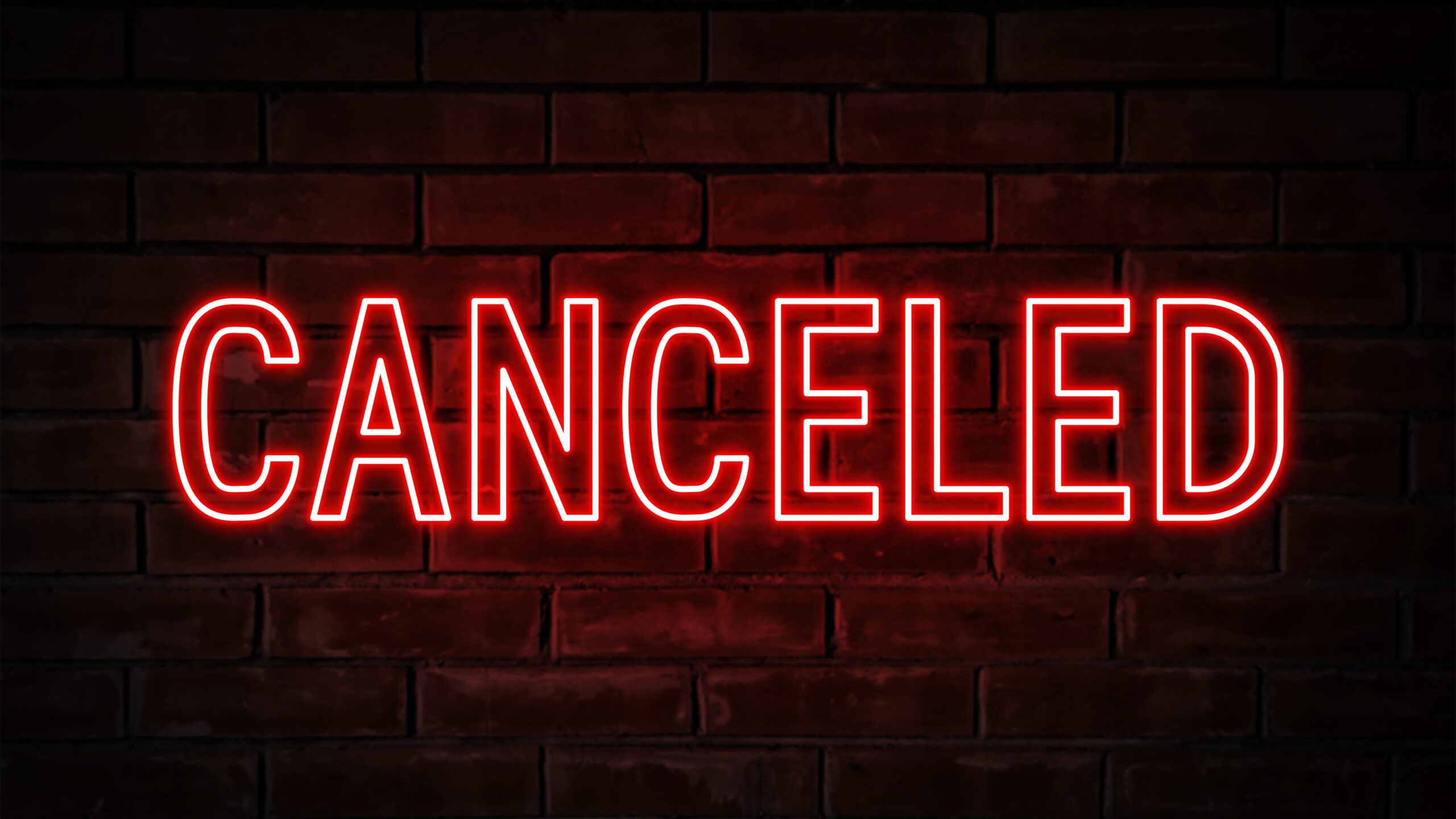Enrique Rivera, Colorado Springs CO.
When doctors need to figure out what’s making you feel unwell, they have different methods to choose from. They might make an educated guess based on your symptoms, or they could use tests and procedures to get a clearer picture of the issue. One of these procedures is called an endoscopy, which is a valuable tool for diagnosing problems.
An endoscopy isn’t the most comfortable medical procedure, but it’s a helpful way for doctors to diagnose health problems. So, what are endoscopies, and does Medicare pay for them?
WHAT IS AN ENDOSCOPY?
An endoscopy is a medical procedure that helps doctors take a closer look at your organs and the problems causing your discomfort. This involves a flexible tube with a tiny camera (called a scope) being inserted into your body, typically into the upper or lower parts of your digestive system.
If your symptoms are related to your upper digestive tract, the endoscope goes in through your mouth and down your throat. For issues in the lower digestive tract, which is sometimes called a colonoscopy, it’s inserted through the other end. These methods are minimally invasive, meaning they don’t require long hospital stays and allow for easier recovery.
While endoscopy is mainly used in the digestive system, it can also be used to examine your nose, ears, heart, colon, and certain joints. Sometimes, it’s not just for diagnosis but can also treat problems like stopping bleeding, removing abnormal growths, or placing a tube to help with blockages.
What’s interesting is that you might not always need to show symptoms to get an endoscopy. Sometimes, doctors use it for regular check-ups, like looking for certain types of cancer or identifying potential issues before they become serious.
HOW MUCH COULD AN ENDOSCOPY COST?
The cost of an endoscopy can vary depending on your location and the healthcare provider you choose. On average, an endoscopy in the United States costs about $2,750 without insurance. If you have Medicare and it covers the procedure under Part B, you will first pay the deductible, which is $226 in 2023. After meeting the deductible, you’ll be responsible for a 20% coinsurance, which would be $504.80 ($2,750 – $226, multiplied by 0.2). So, your final out-of-pocket cost would be $730.80. Keep in mind that the actual cost may differ based on the total procedure cost and whether you’ve already met your deductible.
If you have a Medicare Advantage (Part C) plan, it may provide additional coverage, but the details can vary by plan. Alternatively, a Medicare Supplement plan could help with the 20% Part B coinsurance that Original Medicare doesn’t cover, depending on the specific plan you have.

RECOVERY AFTER ENDOSCOPY
WHAT DOES RECOVERY LOOK LIKE?
Recovery from an endoscopy is typically not too lengthy. After the procedure, you might be required to stay at the healthcare facility for an hour or two for observation before going home. Once you’re back home, it’s advisable to take it easy for a while and follow your doctor’s instructions for safety. You may experience mild bloating, gas, cramping, a sore throat, or general discomfort. These symptoms usually resolve on their own with time. However, if you’re in pain or if the symptoms persist, don’t hesitate to reach out to your doctor for guidance on the next steps.
● ● ●
Endoscopies are common and valuable diagnostic, and sometimes therapeutic, procedures. Fortunately, if you have Medicare, they tend to be reasonably priced compared to other medical treatments. Considering the cost-effectiveness, the minimally invasive nature of the procedure, and its diagnostic and treatment benefits, if your doctor recommends it as medically necessary, it’s worth considering.
Remember, your health is unique, and what works for one person may not be suitable for another. Therefore, the information in these articles should not replace the advice of a healthcare professional. Before making significant changes to your lifestyle or diet, please consult with your primary care physician or a nutritionist. Your doctor is the most knowledgeable about your individual health needs.








